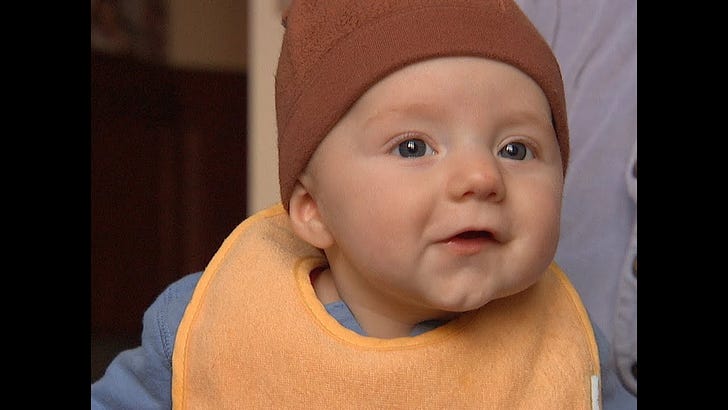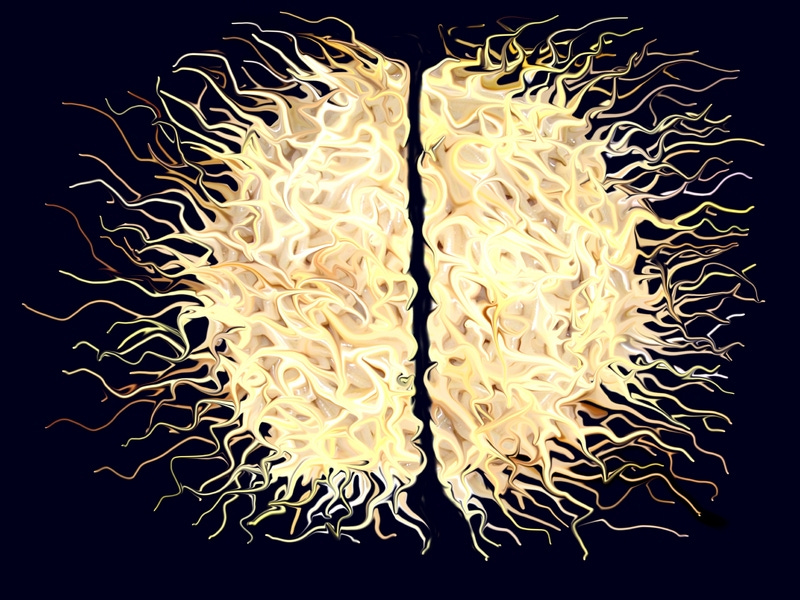My Top Ten Picks of 2023
The ten articles that didn't gain the most traction but impart important knowledge for your brain and brains in general and will still be important in 2024.
Happy New Year and welcome to 2024!
My post yesterday listed the ten most popular posts of 2023. But what gets the clicks and what I find are the most important or most interesting does not always correlate. There are many reasons for this: interests of subscribers, clicks and views from third party apps such as LinkedIn, recommendations and shares, and probably also time of day, and day of week.
So, here is a list of the ten posts that I personally found the most fascinating, or important - some of these posts were indeed popular they just didn’t make it into the top ten. Others probably deserve a bit more recognition. They also deserve a second, or third, read!
Remember one of the advantages of being a paid subscriber is that you have access to the full archive (after two months there is only limited access).
Is a Decline in Independent Play the Major Cause of Decline in Children’s Mental Health?
Well now, that is a big statement to make! Yes, it is but it’s only my rewording of just such a dramatic statement by a group of researchers in February of this year - I seemed to have missed this at the time. So, if I get this right, the researchers are claiming that decline in independent play is the primary, the key, factor in a decline in mental health: not other factors such as school stress, economic challenges, covid, etc?
Brain Scans Show How to Coach and Inspire More Effectively
It’s not often that there is a study that directly connects coaching and brain scanning - unfortunately. Enter Case Western Reserve University in Cleveland, USA and their coaching research lab who got 47 undergraduates into a brain scanner after a coaching session and while watching clips of messages to themselves - the results were interesting.
Do Conservatives and Liberals Have Moral Brains?
Greetings leading brainers I noticed yesterday that New Scientist (which I love) recently published two articles on topics that I had reported on almost a year ago (experts don’t give the best advice and seven habits to improve brain function). So I’m patting myself on the back for being ahead of the curve and delivering you brain and behavioural insight…
New Research Shows Who Can Develop PTSD
Isn’t PTSD directly linked to Trauma incidents? Well, obviously, yes. It requires a trauma incident, but the obvious point is that in these potential trauma inducing incidents some people develop Post Traumatic Stress Disorder and others don’t. It would be extremely useful to know who is more at risk of this.
Surprise! Your Brain Is A Prediction Machine Not A Thinking Machine
Ok we’re good at predicting things, sometimes, but what do you mean by “brain activity not seeing what is happening” surely this is wrong?! Yes, it looks like a mistake but that is what a group of scientists have observed in the human brain. Of note is that this was in the human brain.
All Work And No Play, Really Does Make Jack A Dull (and Ineffective) Boy
There have been a few pieces of research published in recent years that support the old saying of “All work and no play makes Jack a dull boy”. Or, rather, according to latest research, makes you less happy, and, more surprisingly, less effective. Which kind of seems to defeat the object of working hard. Read on:
How Emotional Satisfaction (not "Happiness") Improves Students' Grades
I’m not sure where to start with the above title….is happiness not key to high performance? Well, kind of. As you may know I have done, and am in the middle of, research into emotional needs in the workplace and how this impacts performance. Our base theory (based on others’ theories and research) is that improving emotional needs is the key to improving mental (and physical) health, life satisfaction, and also performance.
Smells Shown to Dramatically Boost Brain Power
Who would have thought it - well, who apart from aromatherapists that is. I have reported multiple times on the benefits of exercise on cognitive performance but also on diet, sleep, and cognitive activity. Many of these are well know and tie in to general health advice. However there is little research and thought given to smells, aromas.
Newly Discovered Ebb and Flow of Brain Chemicals that Drive Learning - Continuously
So according to the title we are constantly learning? Well, of course. We learn small things day by day in our daily interactions but the interesting bit about this research is how they discovered this mechanism in the brain. So what ebb and flow are we talking about?
Everyday Pleasures Improve Brain Performance
That sounds a good thing but what is an everyday pleasure? In this study the researchers investigated the relationship between simple pleasures and brain activity. Specifically drinking coffee, listening to music, and smelling perfume. Coffee and music for me - not so sure about the perfume though














